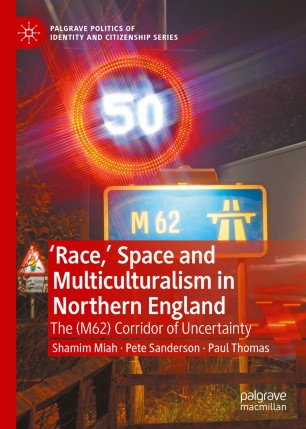

Most ebook files are in PDF format, so you can easily read them using various software such as Foxit Reader or directly on the Google Chrome browser.
Some ebook files are released by publishers in other formats such as .awz, .mobi, .epub, .fb2, etc. You may need to install specific software to read these formats on mobile/PC, such as Calibre.
Please read the tutorial at this link: https://ebookbell.com/faq
We offer FREE conversion to the popular formats you request; however, this may take some time. Therefore, right after payment, please email us, and we will try to provide the service as quickly as possible.
For some exceptional file formats or broken links (if any), please refrain from opening any disputes. Instead, email us first, and we will try to assist within a maximum of 6 hours.
EbookBell Team

4.3
28 reviewsThis book challenges the narrative of Northern England as a failed space of multiculturalism, drawing on a historically-contextualised discussion of ethnic relations to argue that multiculturalism has been more successful and locally situated than these assumptions allow.
The authors examine the interplay between ‘race’, space and place to analyse how profound economic change, the evolving nature of the state, individual racism, and the local creation and enactment of multiculturalist policies have all contributed to shaping the trajectory of ethnic/faith identities and inter-community relations at a local level. In doing so, the book analyses both change and continuity in discussion of, and national/local state policy towards, ethnic relations, particularly around the supposed segregation/integration dichotomy, and the ways in which racialised ‘events’ are perceived and ‘identities’ are created and reflected in state policy operations.
Drawing on the authors’ long involvement in empirical research, policy and practice around ethnicity, ‘race’ and racism in the Northern England, they effectively support critical and situated analysis of controversial, racialised issues, and set these geographically specific findings in the context of wider international experiences of and tensions around growing ethnic diversity in the context of profound economic and social changes.